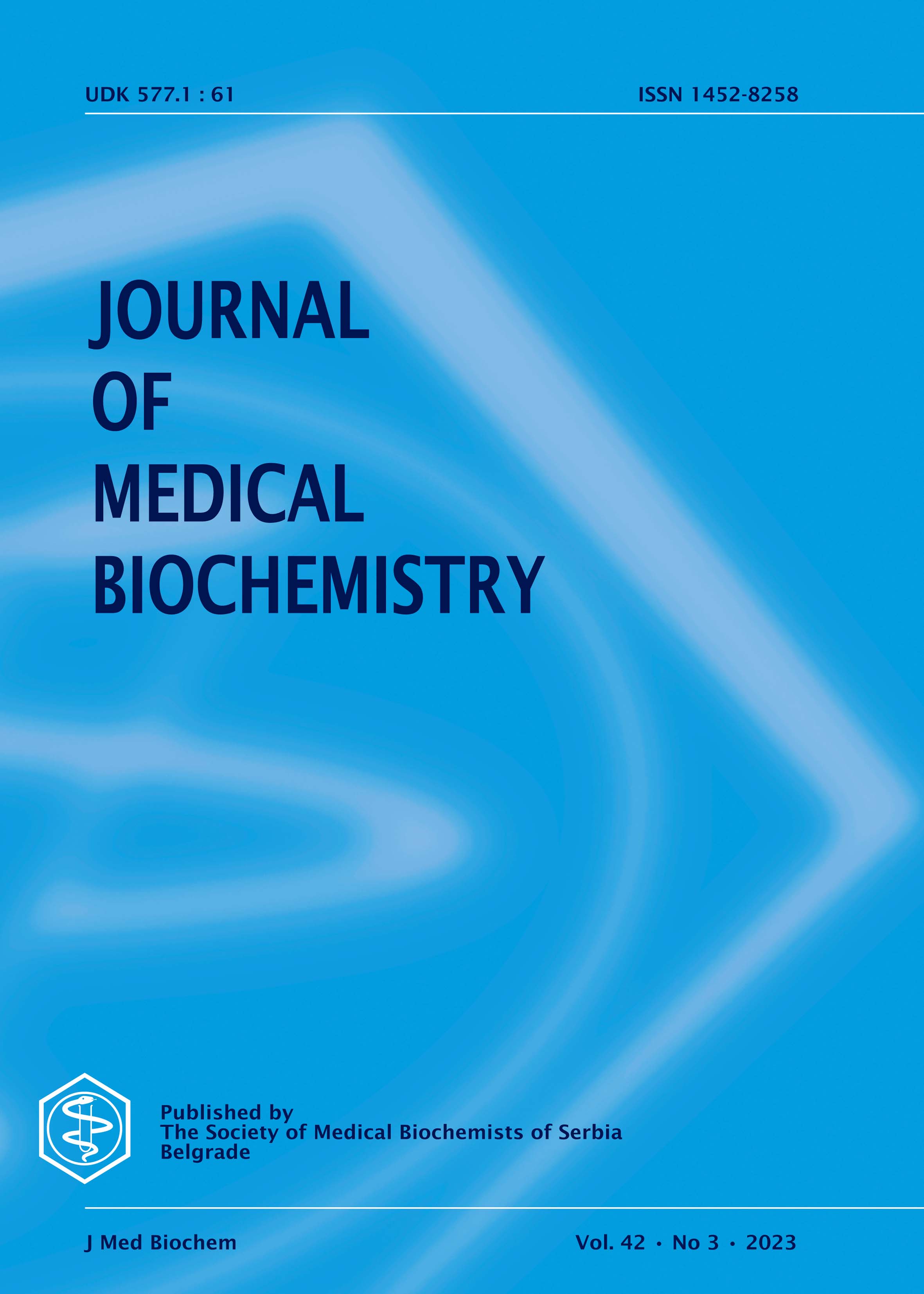Vitamin D deficiency in relation with the systemic and central inflammation during multiple sclerosis
Vitamin D and inflammation in multiple sclerosis
Abstract
Background: During the last decade, vitamin D (VitD) has become a topic of interest in immune regulation, especially in multiple sclerosis (MS) disease. Amongst the wide range of effects reported for this vitamin on the immune system, a regulatory role on cytokines production has been described. Our aim is to analyze the status of VitD and its correlation with the circulating inflammation and the intrathecal humoral response during MS.
Methods: We analyzed samples of 318 individuals: 108 MS patients and 210 controls. Determination of 25-(OH) VitD3 level in serum was made using electrochemiluminescence method. Circulating inflammatory cytokines (IL-6, IL-8, IL-10, TNF-α, IL12p70 andIL-1β) were investigated using Cytometer Bead Array Technology. The central humoral response was characterized using CSF isofocusing test and IgG Index calculation.
Results: As expected, mean value of VitD was significantly lower in MS group (10.4 ng/ml) than in control group (13.9 ng/ml) (p=0.002), with a severe deficiency in 67% of MS patients. Mean value of VitD was significantly lower in MS female patients. Regarding cytokines, mean value of TNFα was significantly higher in MS patients with oligoclonal bands of IgG in the CSF. IL6 was positively correlated with IgG level in serum of MS patients.
Conclusion: Our results support the association of VitD deficiency with MS, especially in female patients of our region. However, the vitamin level seems to not correlate with inflammatory cytokines nor with disability. Interestingly, TNFα and IL6 levels were correlated with the intrathecal synthesis of IgG and the circulating IgG level, respectively.
Copyright (c) 2022 Sawsan FEKI, Manel Naifar, Mariem DAMMAK, sabrina MEJDOUB, salma SAKKA, yesmine BEN ALI, hend HACHICHA, chokri MHIRI, Fatma AYADI, Hatem MASMOUDI

This work is licensed under a Creative Commons Attribution 4.0 International License.
The published articles will be distributed under the Creative Commons Attribution 4.0 International License (CC BY). It is allowed to copy and redistribute the material in any medium or format, and remix, transform, and build upon it for any purpose, even commercially, as long as appropriate credit is given to the original author(s), a link to the license is provided and it is indicated if changes were made. Users are required to provide full bibliographic description of the original publication (authors, article title, journal title, volume, issue, pages), as well as its DOI code. In electronic publishing, users are also required to link the content with both the original article published in Journal of Medical Biochemistry and the licence used.
Authors are able to enter into separate, additional contractual arrangements for the non-exclusive distribution of the journal's published version of the work (e.g., post it to an institutional repository or publish it in a book), with an acknowledgement of its initial publication in this journal.

